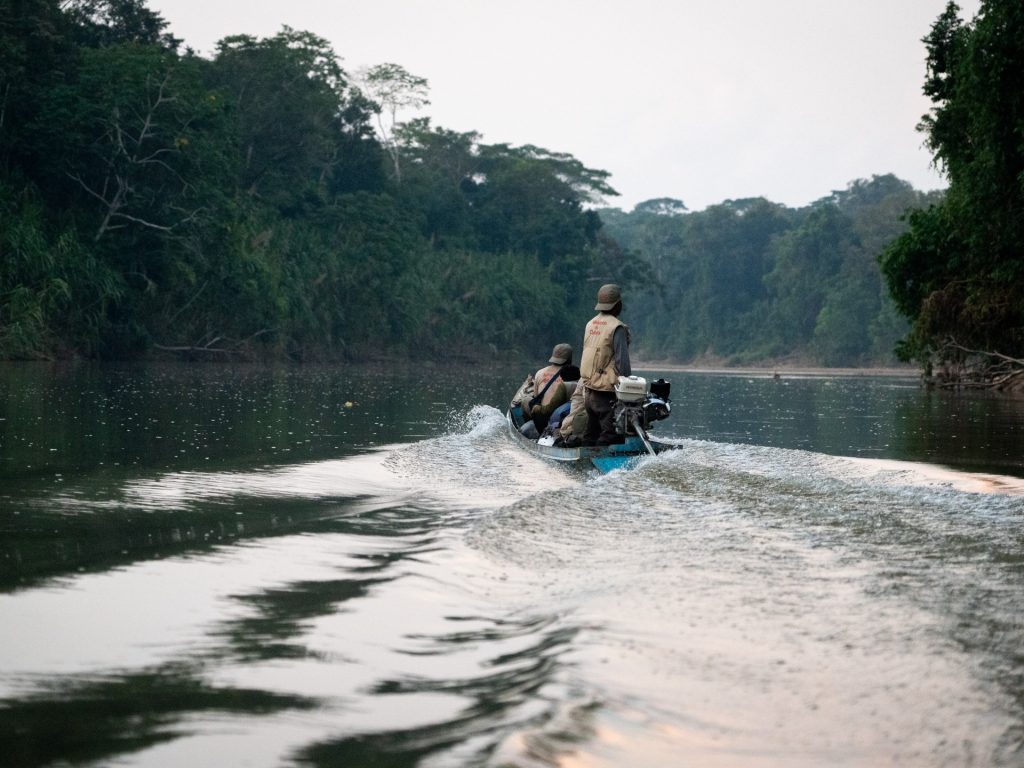In the Peruvian region of Purus, contact with isolated tribes, such as the Mastanahua and Mashco Piro, is becoming more frequent. Driven by extractive industries, criminal economies, and climate change, these tribes are moving closer to populated areas, leading to dangerous encounters and forcing entire villages to evacuate. The Peruvian state’s response to safeguarding isolated tribes from external threats and violence has been criticized for being insufficient and ineffective. The lack of resources, communication, and adequate emergency protocols has left Indigenous protection agents like Nolasco Torres and Freddy Capitan on the front lines, working tirelessly to monitor the territories and keep villagers safe.
The increase in contact with isolated tribes in the Purus region has drawn attention to the challenges faced by these vulnerable communities. Forced out of isolation by historical events such as the rubber boom, many isolated tribes have retreated to remote areas to protect themselves. However, increasing pressures from illegal activities, such as drug trafficking and logging, are pushing them closer to villages, leading to conflicts and even violence. The Peruvian state’s failure to address these external threats and protect the territorial rights of isolated tribes has created a volatile situation in the region.
Protection agents, like Torres and Capitan, play a crucial role in monitoring isolated tribes’ movements and keeping villagers informed about potential encounters. However, their work is hindered by a lack of resources, training, and support from the government. The recent killings of a Mastanahua family and loggers by the Mashco Piro tribe highlight the risks faced by both isolated tribes and villagers in the region. The need for better communication, safety measures, and emergency protocols is evident, but the state’s response has been slow and inadequate.
As isolated tribes continue to emerge from the forest and make contact with villagers, tensions are escalating, and the risk of violence is high. The lack of effective intervention from the Peruvian state has left communities like Balta and Colombiana vulnerable to incursions by isolated tribes. Despite the dangers they face, protection agents like Torres and Capitan remain committed to their work, advocating for the rights of isolated tribes to live autonomously and preserve their culture and traditions. The need for immediate action to protect both isolated tribes and villagers is paramount to prevent further conflict and loss of life in the region.
The Peruvian government’s response to the escalating situation in the Purus region has been criticized for its lack of adequate support and resources for protection agents and local communities. While the state has introduced emergency plans and contingency measures, the effectiveness of these initiatives remains uncertain. Stronger alliances with local Indigenous communities and a commitment to defending the territorial rights of isolated tribes are essential to safeguarding their lives, health, and future. The urgency of the situation calls for immediate action to prevent further violence and ensure the protection of some of Earth’s last isolated peoples in the face of increasing threats and challenges.















